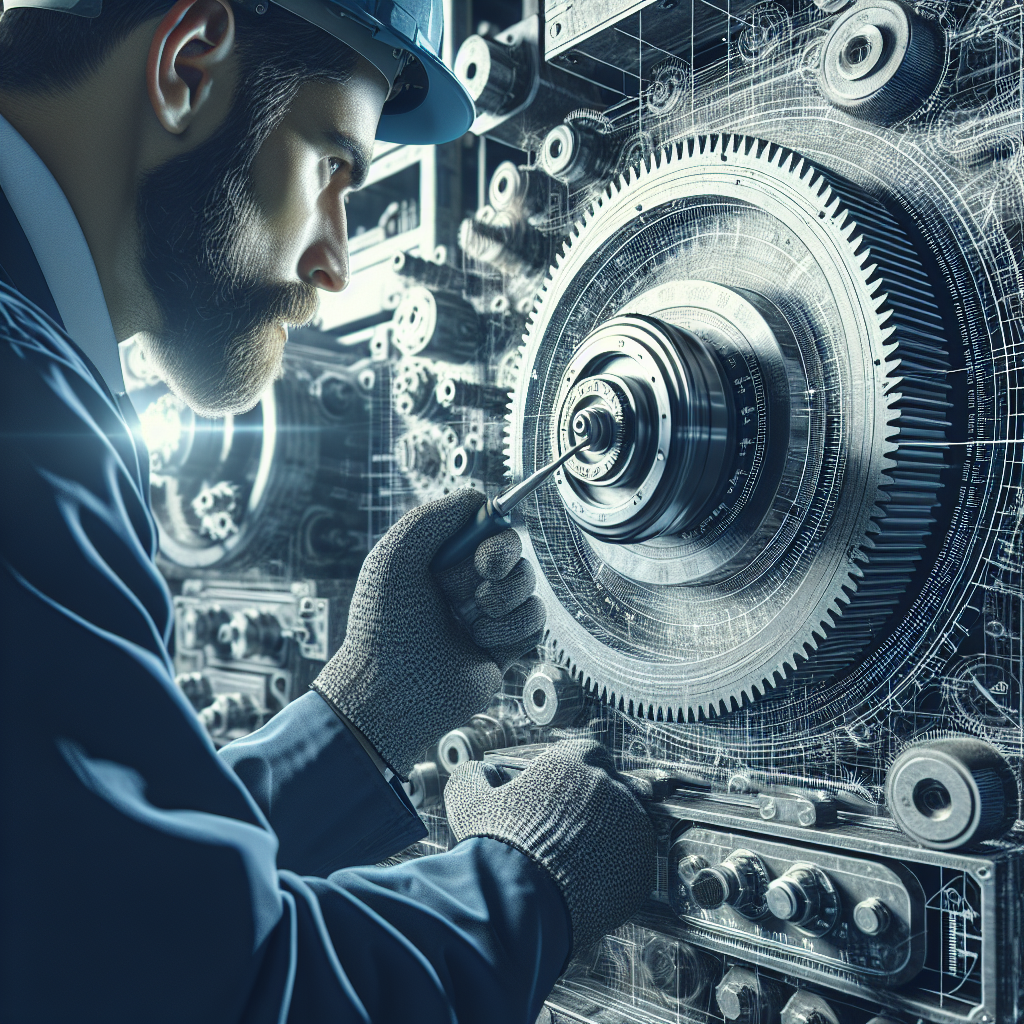The Importance of Heavy Equipment Calibration: Ensuring Precision in Measurement
- Indra Dwi Sugiyanto
- Sep 11, 2024
- 2 min read
Heavy equipment plays a crucial role in various industries, from construction to mining, where precision and accuracy are paramount. One key aspect that often goes unnoticed but is essential for maintaining optimal performance is the calibration of heavy equipment. In this listicle, we will delve into the process of calibrating heavy equipment and why it is vital to ensure precise work results.
1. Understanding Calibration
Calibration is the process of comparing the readings of a measuring instrument or device with a known standard to determine the accuracy of the instrument's measurements. In the context of heavy equipment, calibration involves adjusting the equipment to ensure that it provides accurate and consistent measurements.
2. Importance of Calibration
Ensures Precision : Calibration ensures that the measurements taken by heavy equipment are precise and reliable, reducing the risk of errors in crucial tasks.
Compliance : Many industries have regulations and standards that require equipment to be calibrated regularly to meet quality and safety standards.
Cost Efficiency : Accurate measurements prevent rework and minimize material wastage, leading to cost savings in the long run.
Safety : Calibration helps maintain the safety of workers and the integrity of structures by ensuring that equipment functions correctly.
3. Process of Calibration
Calibrating heavy equipment involves several steps:
Initial Inspection : The equipment is inspected to identify any visible damage or wear that may affect its performance.
Adjustment : If deviations from the standard are found, adjustments are made to bring the readings in line with the calibration standards.
Testing : After adjustments, the equipment is tested against known standards to verify its accuracy.
Documentation : Calibration results are documented to track the equipment's performance over time and comply with industry regulations.
4. Commonly Calibrated Heavy Equipment
Excavators : Calibration ensures the precise measurement of digging depth and load capacities.
Cranes : Accurate calibration is crucial for safe lifting operations and load balancing.
Bulldozers : Calibration helps maintain accuracy in grading and leveling tasks.
Surveying Equipment : Instruments like total stations and GPS receivers require precise calibration for accurate surveying.
5. Benefits of Regular Calibration
Enhanced Performance : Regular calibration optimizes the performance of heavy equipment, ensuring reliable operation.
Extended Lifespan : Proper calibration prevents premature wear and tear of components, extending the equipment's lifespan.
Quality Assurance : Calibrated equipment provides high-quality work output, enhancing customer satisfaction and reputation.
Minimized Downtime : Preventive calibration reduces the risk of unexpected breakdowns, minimizing downtime and disruptions to operations.
6. Conclusion
In conclusion, the calibration of heavy equipment is a critical process that directly impacts the quality, safety, and efficiency of work in various industries. By ensuring that heavy equipment is accurately calibrated, professionals can perform tasks with precision, consistency, and confidence. Investing in calibration not only enhances operational performance but also safeguards the well-being of workers and the integrity of projects. Remember, when it comes to heavy equipment, precision begins with calibration.




Comments